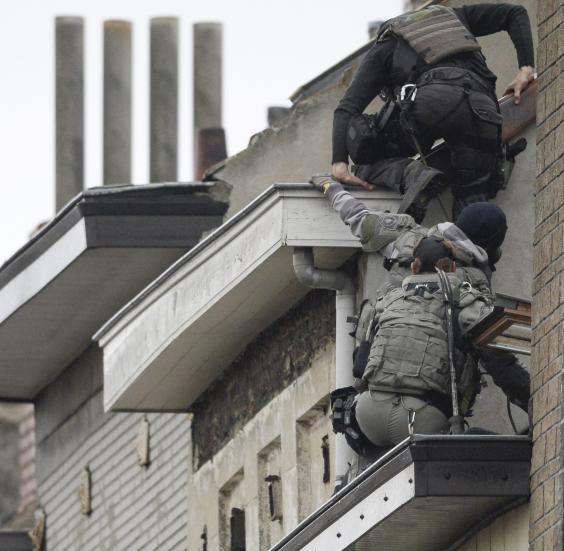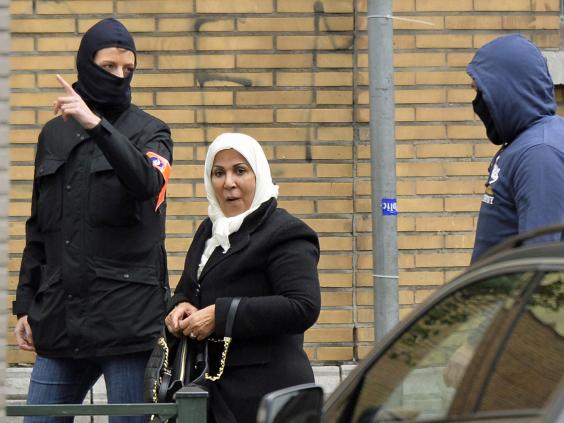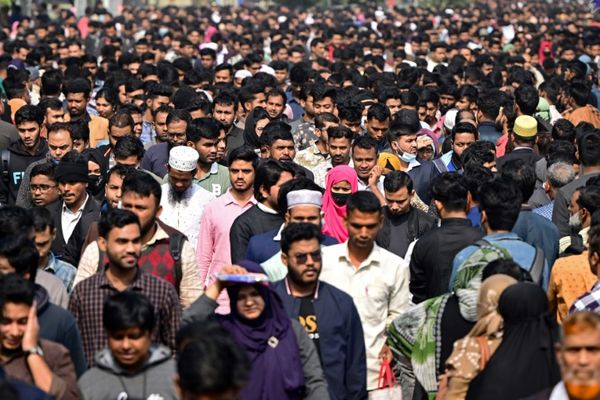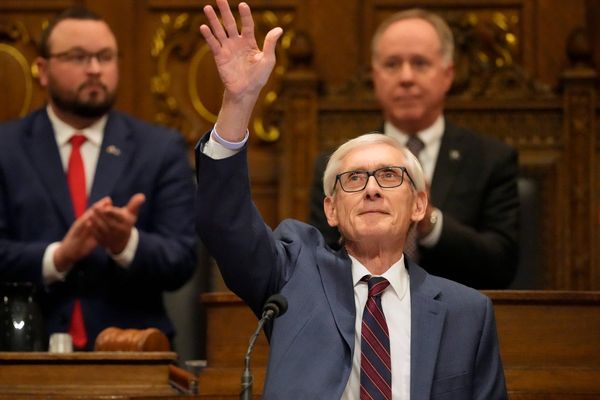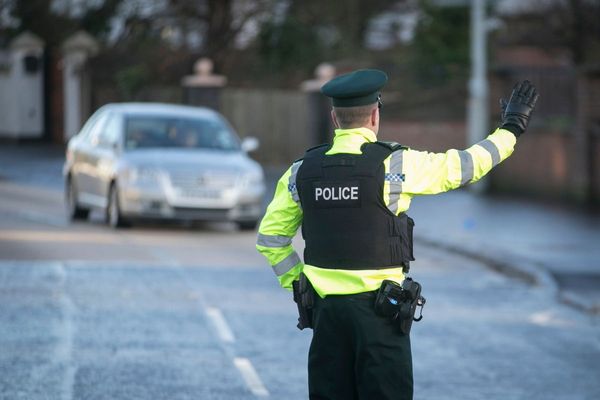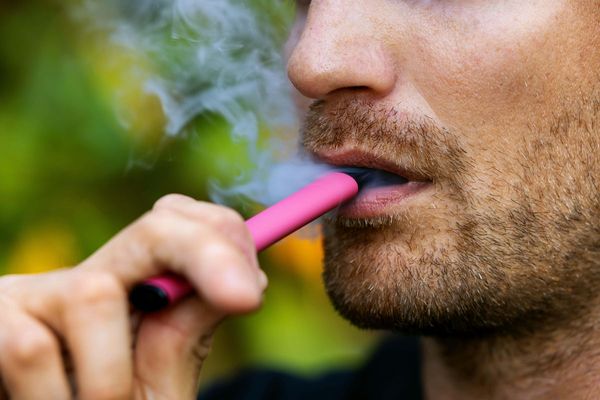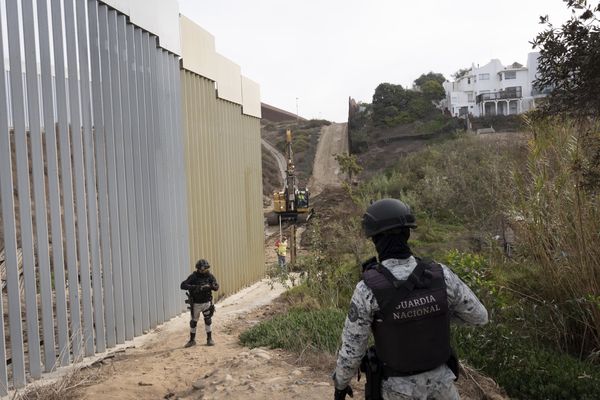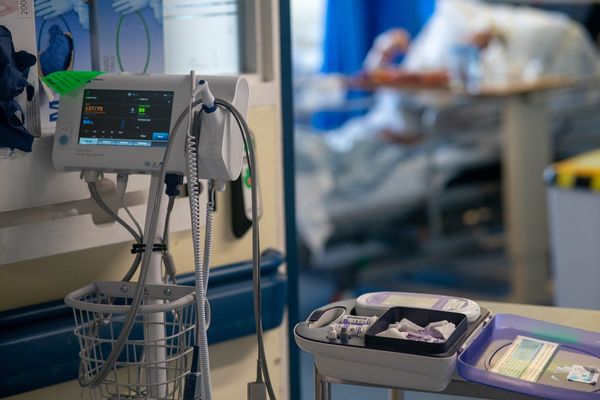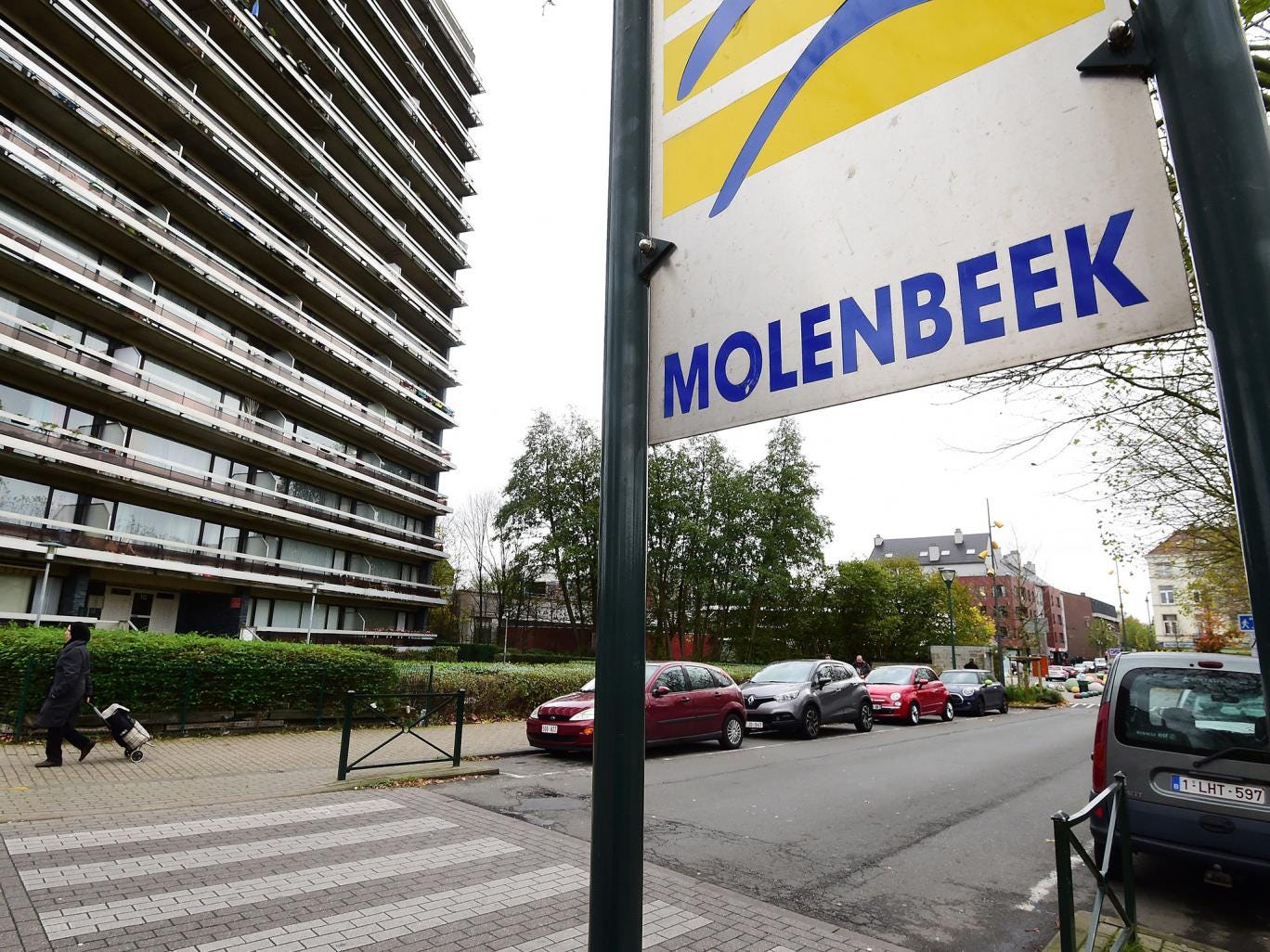
Just across the canal from the chic cafes, businesses and elegant buildings that define the heart of Belgium’s capital is the neighborhood of Molenbeek, a largely Muslim area that has become one of the world’s main breeding grounds of violent Islamist extremists.
Belgian police conducted raids in the area Saturday night and early Sunday morning and arrested seven people suspected of knowledge or involvement with the bloody attacks in Paris, which would not be the first time that people from Molenbeek have taken part in international terrorism. A Belgian car used by the attackers led police to Molenbeek, where they arrested one of three brothers; a second brother was killed in Paris, and a third is the target of a massive manhunt.
“The terrible attacks that were directed against us on Friday were prepared abroad by a group of individuals based in Belgium who, as the investigation will show, benefited from accomplices in France,” French Interior Minister Bernard Cazeneuve said in Paris on Sunday.
“There is almost always a link with Molenbeek. That’s a gigantic problem of course,” Belgian Prime Minister Charles Michel said on Belgian television Sunday morning. Asked why his government wasn’t doing more, he said it “has already taken a number of initiatives at the preventive level. But in addition, there needs to be more repression. We’re going to work hard on that.”
For the casual stroller, there is nothing about Molenbeek that shouts extremism.
It has a busy commercial street, alluring pastry shops, dilapidated car repair joints and corner cafes where, on Sunday, men (and only men) watched a soccer game on large-screen televisions while sipping tea and coffee. Some down-and-out residents sat outside the closed doors of a large church, but many of the Moroccans and Turks who emigrated half a century ago have become comfortably middle class, if not wealthy. And thanks to low property values, gentrification has planted its feet along the canal, featuring art lofts, a trendy event space and even a hotel.
However, Molenbeek also has unemployment perhaps as high as 30 or 40 percent and an average income that lags far behind Belgium overall. It has more than its share of seedy blocks, shabby homes and bad schools. More important, perhaps, the neighborhood stands in sharp contrast with the nearby wealthier residents of Brussels. And it is a 45-minute walk and a world away from the formidable buildings that are home to the European Union, a trip virtually no one from Molenbeek ever makes.
People who have studied Molenbeek say that the seeds of violent Islamist extremism were planted long ago.
“It doesn’t surprise me, because radical and political Islam in Belgium is something that grew up through the years,” said Bilal Benyaich, a senior fellow at a think tank called the Itinera Institute and coordinator of studies on radical Islamists there. “The fact that many people feel they will never make it, don’t stand a chance in society and envy others — this makes fertile grounds for recruiting.”
Benyaich said that the Molenbeek residents receptive to calls to violence are a small minority: “Within this minority there is a group that can be activated by propaganda.” He said that like other extremists such as Oklahoma City bomber Timothy McVeigh, “with the right diagnosis in right moment, they can be convinced to commit violence.”
He noted that jihadist cells took root in Brussels in the 1990s. Assailants with ties to Belgium played roles in the assassination of northern Afghan anti-Taliban leader Ahmed Shah Massoud, the 2004 Madrid bombings, the Paris shootings at the magazine Charlie Hebdo and the attempt on a high-speed train to Paris that was thwarted by young American off-duty soldiers. Last year, the country was riveted by the trial of 46 people who were found guilty of belonging to Sharia4Belgium, a group that recruited volunteers to fight in Syria.
Belgium, on a per capita basis, has become the biggest exporter of fighters from Europe to the Islamic State in Syria. Nearly 500 people have left Belgium to fight for the Islamic State. About 130 have come back, 77 have died fighting, and more than 200 remain in Syria.
They emerged from an unusual social clash that has prevented Molenbeek from becoming a Belgian melting pot. Fifty years ago, a wave of immigrants came from Morocco and Turkey. Later, exiles from Libya and Egypt arrived. But in the 1970s, Benyaich said, Saudi Arabia and other Persian Gulf countries sent funding for rigid religious schools, setting up tension between Wahabbi mosques and the more moderate and largely Moroccan tradition.
Today, the neighborhood has more than a dozen mosques, many of them tucked into old buildings. In some cases, more hard-line Muslims took over the boards of existing mosques, Benyaich says, and the orientation of some mosques is still in flux.
Moreover, many jobs in Brussels require knowledge of French, Flemish or Dutch, and now sometimes English, too, while most immigrants speak mostly Arabic and some French. That has blocked integration. Flanders, by contrast, provides immigrants with language classes and courses about Belgian values.
Benyaich says that the Saudi message has played well to the children of immigrants who were suffering an identity crisis. And now the Islamic State has stepped in and caught on.
Yannick Bochen, who runs a community center in Molenbeek, says the neighborhood has never been treated equally. She said that while new subway stops are drilled underground in other parts of the city, the ones to Molenbeek were built by digging up the streets, which were disrupted for many years.
Bochen says that the violent extremists don’t represent Molenbeek. “It saddens me that it’s Molenbeek again,” she said, adding that it only makes it harder to pull the neighborhood up.
“I’ve been working in this community center for six years,” she said, “and a lot of people are really sick of this association. Since we heard about this, people are a little bit down about it. For years and years you try to change this over-generalized image of this neighborhood.”
The latest arrests have dealt that effort a heavy blow.
“In Molenbeek, we do not have things under control at this moment,” Interior Minister Jan Jambon said on the television talk show “De Zevende Dag,” or “The Seventh Day.” “There we need to make an extra effort.”
While saying that “nothing justifies an act of barbarity” such as that carried out in Paris, Benyaich also said: “Every society gets the radicals that it deserves. We created these monsters. Whether we like them or not, they are still a product of our system.”
Washington Post
